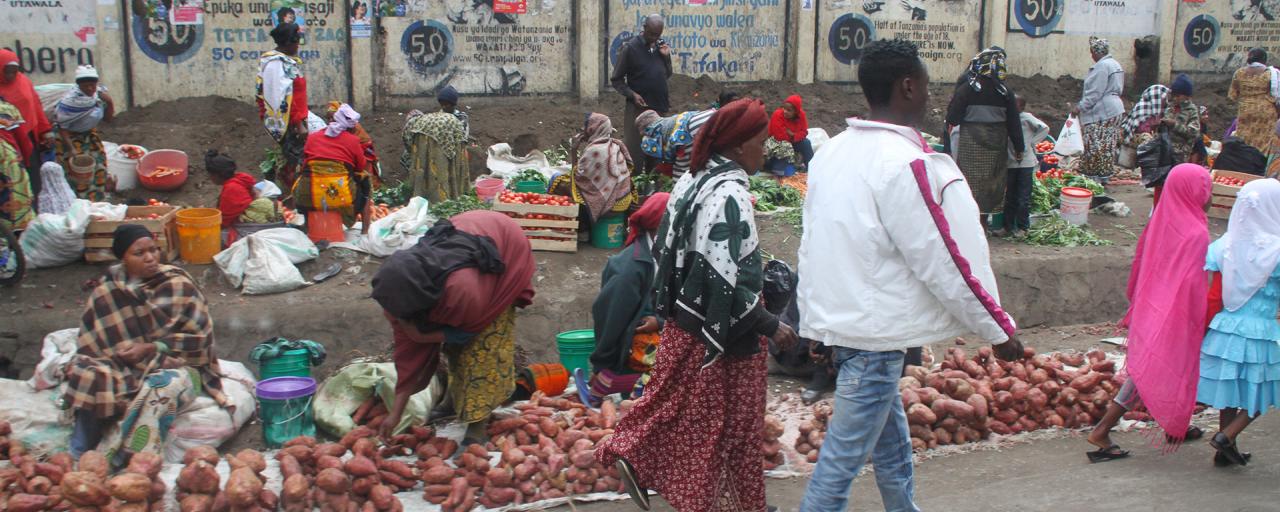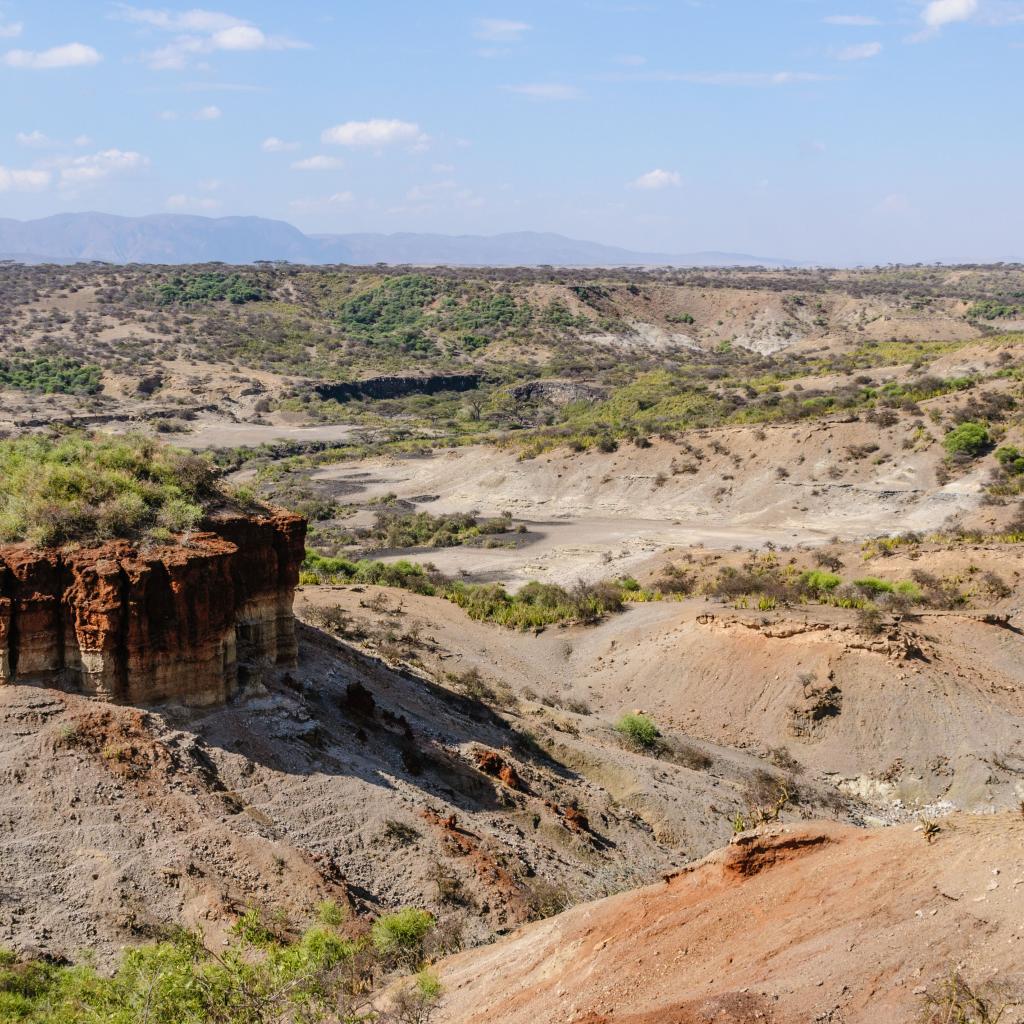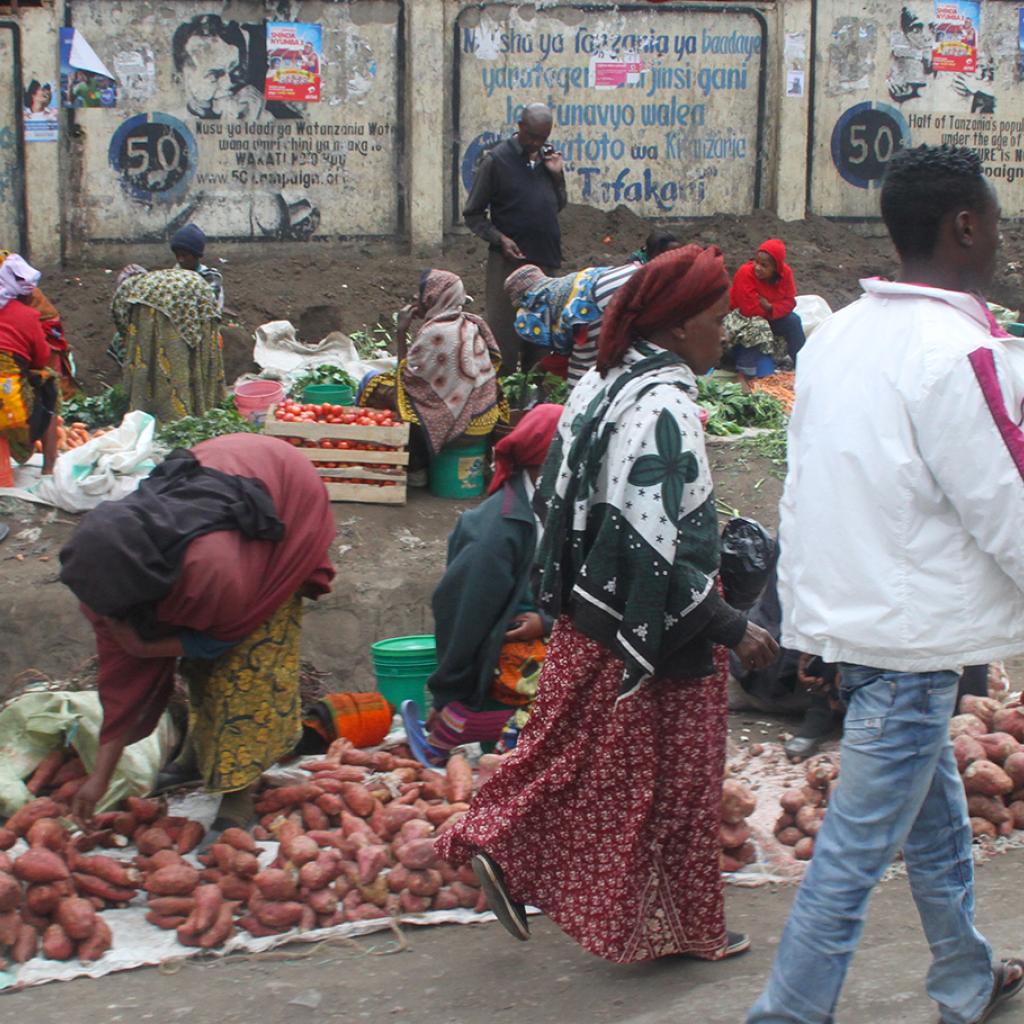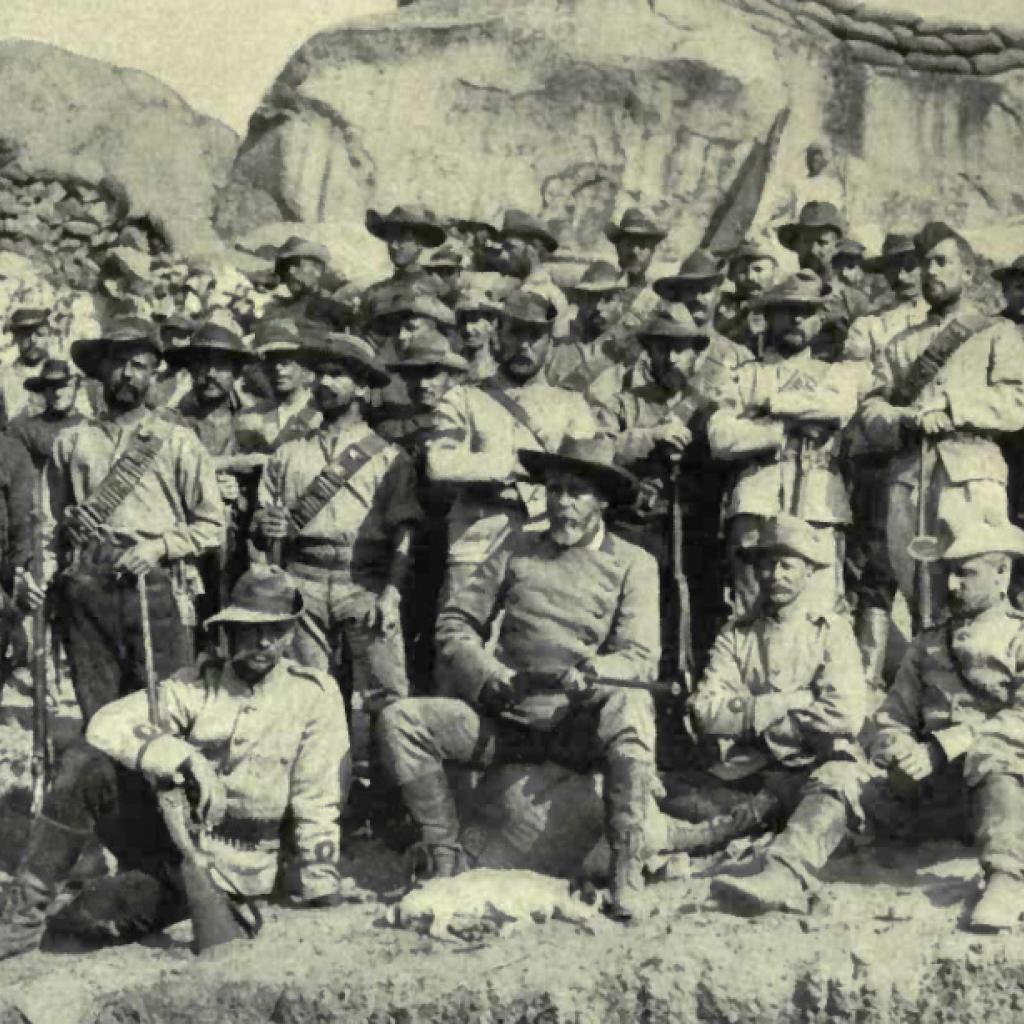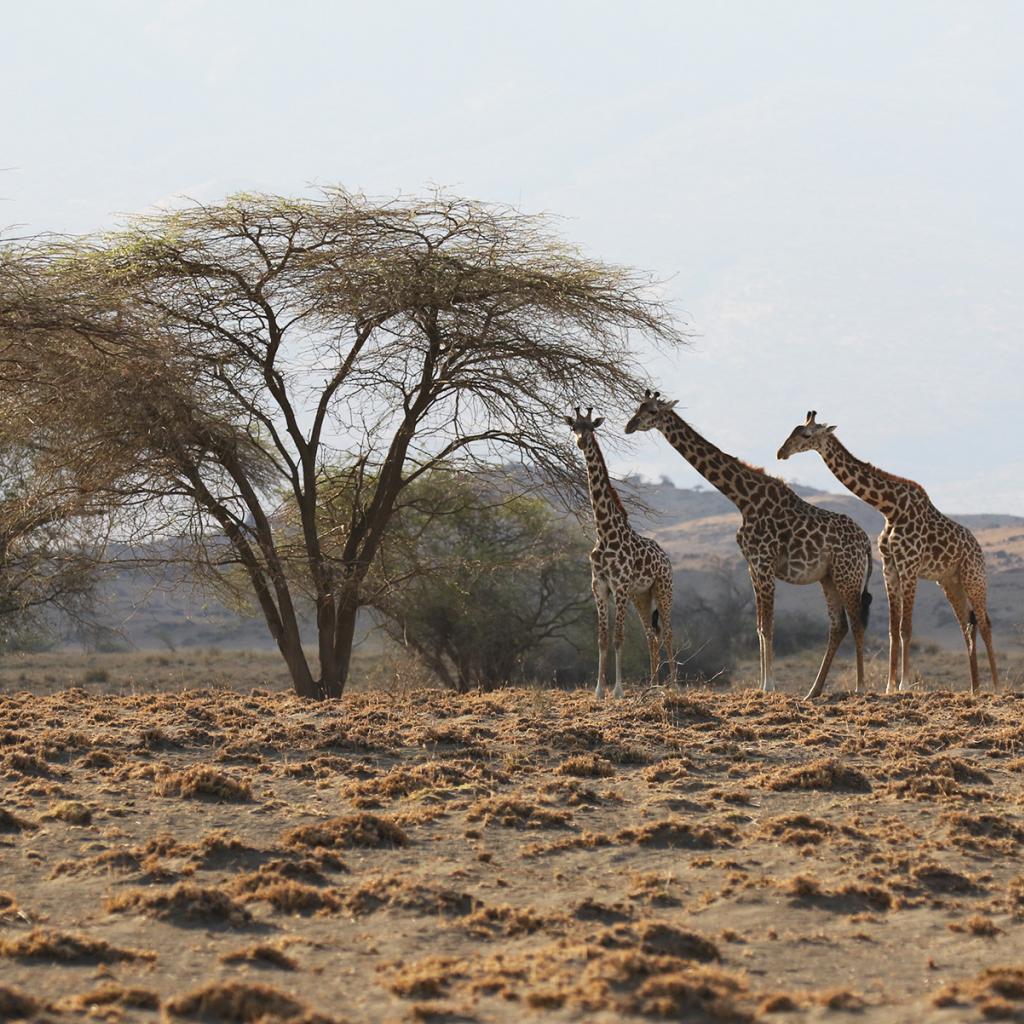Arusha is a city in Northern Tanzania with a population of about 400,000 inhabitants; It’s situated at the foot of the Meru Mount, on the Eastern arm of the Great Rift Valley.
The nearby Meru Mount and the altitude of 1,400 m. give to the city a temperate climate and, despite its proximity to the equator, temperatures rarely exceed 25 degrees, with cold winds that blow almost all year round, reducing the level of humidity.
The city is the departure and destination point of the Northern Tanzanian Safari Circuit, Arusha has a strategic location, it is located near the Serengeti National Park, the Ngorongoro Crater, the Manyara Lake, the Olduvai Gorge, the Tarangire National Park and, of course, the Arusha National Park, that is just 35 kilometers away.
Arusha is also the base for those who want to attempt the climb of the Meru and Kilimanjaro Mounts.
The city is also an important diplomatic center, it’s in fact home to the East African Community Headquarters, an economic community established by the East African States; in the past it had also been home to the International Criminal Tribunal for Rwanda.
Arusha has a lot to offer in terms of historic buildings, but the Central Business Area, that is centered around the Clock Tower, offers good restaurants and some interesting buildings such as the Arusha Hotel, that can be considered one of the first hotels of Eastern Africa, built in 1894.
The Hotel overlooks the Clocktower Roundabout, that is believed to be placed half-way between the cities of Cairo and Cape Town, the two extremes of the British Empire in Africa, that are also the departure and destination points of one of the most historic and fascinating trans-African cross.
The markets in the city center are a must, you can find everything from food to clothing, you can find small souvenirs like handmade pendants and the warm and colorful Masai blankets.
The Masai Market is located behind the Arusha Hotel and offers a large selection of handicrafts, not only Masai products, you can find, in fact, wooden items, ritual masks, paintings and other traditional objects.
In this market Maasai women create jewelry made with colored beads, unique and traditional objects that help these women to raise the necessary funds to pay for their children’s school.
Arusha has an economy based on tourism and support services, but also on agriculture, particularly the cultivations of flowers, exported to Europe, and coffee.
A relaxing stroll among the coffee plantations allows you to learn more about this product, you can also enjoy a night in one of the best hotels of the city, the Arusha Coffee Lodge, that is nestled in a coffee plantation.


